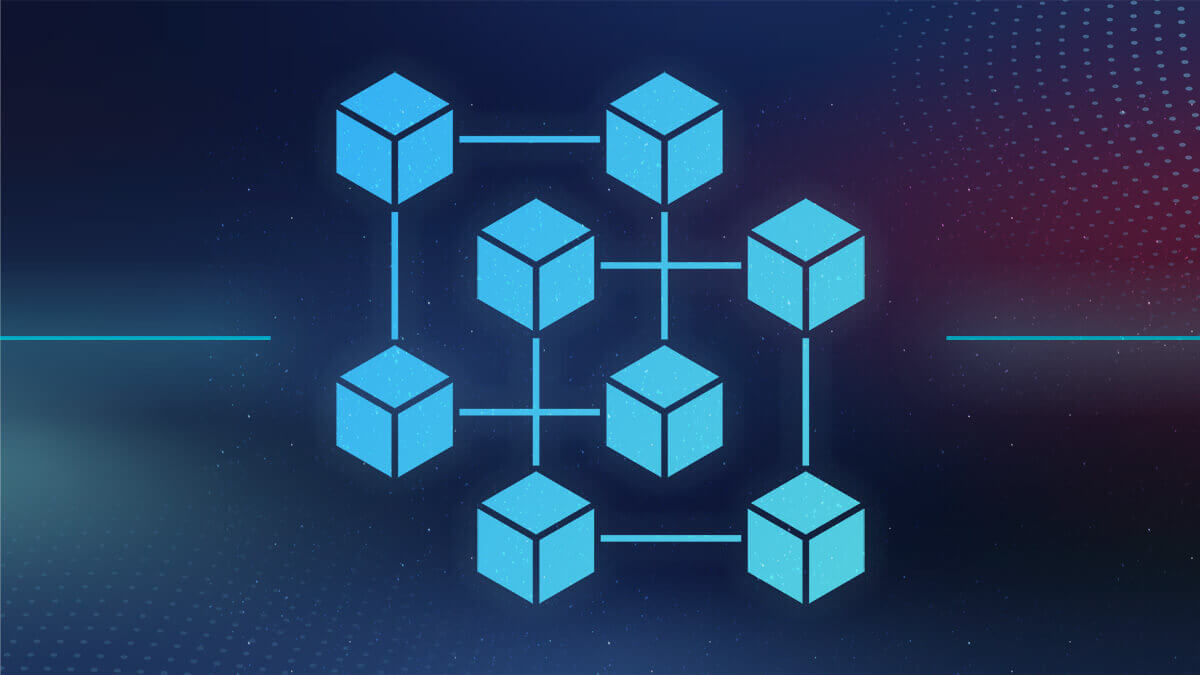The Decentralized Physical Infrastructure Network (DePIN) is rapidly transforming industries by decentralizing control over physical infrastructure. This innovative approach enhances security, efficiency, and scalability in various sectors. From data storage to, supply chain management to decentralized finance, the potential applications of DePIN are vast. In this blog, we’ll explore the diverse use cases of the DePIN Network, highlighting how it can revolutionize different industries.
Understanding DePIN Network
What are the Use Cases of DePIN Network. The DePIN Network stands as a game-changer in the world of decentralized technology. By decentralizing the management and operation of physical infrastructure, DePIN moves away from traditional, centralized systems that rely on single points of control. Instead, it distributes control across a network of nodes, each operated by different entities. This decentralized approach not only increases the network’s resilience but also enhances security and scalability.
How DePIN Differs from Traditional Networks
Traditional networks often depend on centralized authorities to manage and control infrastructure like data centers, communication networks, and power grids. This centralization can create vulnerabilities, where a single point of failure could disrupt the entire system. DePIN, by contrast, distributes control across multiple nodes, reducing the risk of system-wide failures and making the network more robust and secure.
Core Components and Technology
The DePIN Network leverages blockchain technology as its backbone. Blockchain ensures a secure and transparent ledger for recording transactions and managing the network. In addition, the integration of the Internet of Things (IoT) allows for real-time monitoring and management of physical infrastructure. Smart contracts further automate the execution of agreements and transactions, creating a seamless and efficient decentralized system.
Decentralized Data Storage
Secure and Scalable Data Storage
One of the most promising use cases of the DePIN Network is in decentralized data storage. Traditional data storage systems rely on centralized data centers, which can be prone to attacks and failures. DePIN, on the other hand, distributes data across multiple nodes, enhancing both security and scalability. This decentralized method ensures that data remains protected from unauthorized access and is always available, even if one or more nodes fail.
Eliminating Central Points of Failure
Centralized data storage systems are often vulnerable to single points of failure. A malfunction or attack on a single server can lead to data loss or downtime. DePIN eliminates this risk by distributing data across a network of nodes, each managed by different entities. This decentralized approach makes it much harder for attackers to compromise the entire system, as they would need to gain control of a significant portion of the network.
Examples of Decentralized Storage Platforms
Several decentralized storage platforms have already emerged, showcasing the power of DePIN in revolutionizing data storage. Platforms like Filecoin, Storj, and Sia use blockchain technology to distribute and manage data across decentralized networks. These platforms provide a glimpse into the future of data storage, where security, scalability, and resilience are paramount.
Join the decentralized revolution with SRP Token! Invest today and secure your place in the future of blockchain technology
Smart Cities and IoT
Enhancing Urban Infrastructure Through Decentralization
Smart cities rely on a complex network of interconnected devices and systems, all of which need to be securely managed. DePIN offers a decentralized approach to managing this infrastructure, distributing control across multiple nodes and reducing the risk of centralized failures. This approach not only enhances security but also allows for more efficient management of resources, as decisions can be made locally rather than centrally.
Real-World Applications in Smart Cities
Several cities around the world are already exploring the use of DePIN to enhance their urban infrastructure. For instance, some cities are using decentralized networks to manage their energy grids, ensuring a more reliable power supply. Others are experimenting with decentralized traffic management systems, which can respond more quickly to changes in traffic conditions and reduce congestion. These real-world applications demonstrate the transformative potential of DePIN for smart cities.
Decentralized Finance (DeFi)
Strengthening the Security of Financial Transactions
Decentralized finance (DeFi) is a rapidly growing sector that is changing the way financial transactions are conducted. DePIN plays a crucial role in strengthening the security of these transactions by providing a decentralized approach to managing financial infrastructure. By distributing control across multiple nodes, DePIN reduces the risk of fraud and unauthorized access, ensuring that financial transactions are secure and reliable.
Facilitating Peer-to-Peer Lending and Borrowing
One of the key features of DeFi is the ability to facilitate peer-to-peer lending and borrowing without the need for intermediaries. DePIN supports this by providing a secure and decentralized network for managing these transactions. Smart contracts automate the lending and borrowing process, ensuring that all parties meet their obligations and reducing the risk of default.
The Role of DePIN in the Future of DeFi
As DeFi continues to grow, the role of DePIN in supporting this sector will become increasingly important. By providing a secure and decentralized infrastructure, DePIN will enable the development of new financial products and services that are not possible with traditional financial systems. This could include decentralized exchanges, automated investment platforms, and more, all of which will rely on DePIN for their security and scalability.
Conclusion
The DePIN Network is a powerful tool for decentralizing physical infrastructure and enhancing the security, efficiency, and scalability of digital networks. From data storage and smart cities to supply chain management and decentralized finance, the use cases for DePIN are vast and varied. As more organizations and industries begin to adopt this technology, the potential for DePIN to transform the way we manage and operate physical infrastructure will only continue to grow.
What are the Use Cases of DePIN Network? The answer is clear: DePIN is poised to revolutionize industries across the board, offering a more secure, scalable, and efficient way to manage the infrastructure that underpins our digital world. As we look to the future, the possibilities for DePIN are limitless, and its impact on our world is only just beginning.

 China
China Russia
Russia India
India










2 Comments
I am blown away by the depth and detail in your posts Keep up the excellent work and thank you for sharing your knowledge with us
Your writing has a way of making complicated topics easier to understand It’s evident how much research and effort goes into each post